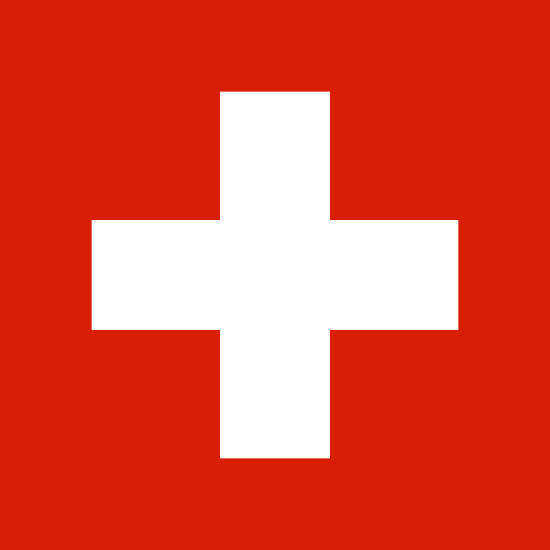"Wir wollen frei sein, wie die Väter waren | We want to be free, as the fathers were"
About:
Berne, founded in 1191 by Duke Berthold V of Zähringen, is the de facto capital of Switzerland. It joined the Swiss Confederation in 1353. The city's medieval architecture, preserved in the Old Town, gained UNESCO World Heritage status in 1983. Berne became the Swiss federal capital in 1848. It's now a significant center for finance, administration, and diplomacy, hosting several international organizations. Despite modernization, Berne retains its historical charm and continues to attract tourists worldwide.
When to visit:
Berne, the capital city of Switzerland, is a delightful destination to visit year-round due to its charming Old Town, historical landmarks, and picturesque surroundings. However, the best time to visit Berne on a holiday is during the summer months of June to August when the weather is mild and pleasant for exploring the city on foot. This period also coincides with several cultural events and festivals, such as the Gurtenfestival and Buskers Bern Street Music Festival, offering visitors a vibrant and lively atmosphere to immerse themselves in. Additionally, the summer months provide ample opportunities to enjoy outdoor activities like hiking in the nearby mountains or picnicking by the Aare River.
When to avoid:
Berne, the capital city of Switzerland, experiences its worst travel conditions during the winter months of December to February. The city is known for its cold and snowy winters, with temperatures frequently dropping below freezing. Ice and snow can make travel difficult and hazardous, especially in the hilly areas of the city. Additionally, some tourist attractions and outdoor activities may be limited or closed during the winter season. Travelers seeking to avoid the most challenging conditions may want to plan their visit to Berne during the milder months of spring or summer.
Winter (December–February)
Winter (December–February)
Spring (March–May)
Spring (March–May)
Language:
In Berne, the de facto official language is German, specifically the Swiss German dialect known as Bernese German. However, due to Switzerland's multilingual nature, other languages such as French, Italian, and English are also commonly spoken and understood, especially in professional and educational settings.




